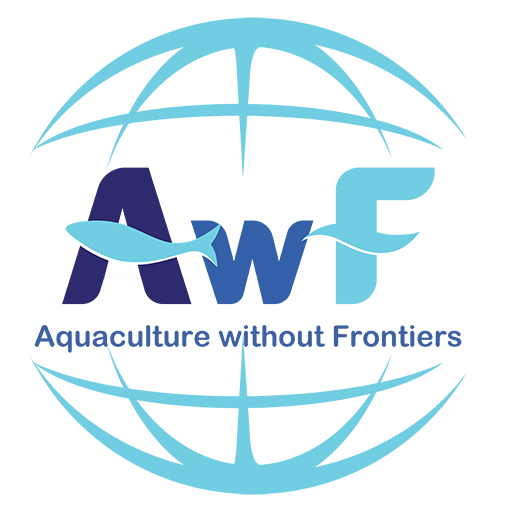Connections between Hunger, Poverty & Nutrition
Category:UpdatesHunger and poverty are words we often hear, but for most of us, we have little — if any — personal experience of either here in Australia. Yet for a large proportion of the world, it is part of the daily struggle for life, and an estimated 1 billion people still go to bed hungry each day[1].
So that there can be greater understanding of the very direct connections between hunger, poverty and nutrition, and the role aquaculture can play in alleviating these issues, two specific sessions are being held at the World Aquaculture Adelaide 2014 Conference, which will take place at the Adelaide Convention Centre in Adelaide, South Australia, from 7 to 11 June 2014.
Journalist, author and keynote speaker at the conference, Martin Bowerman, will lead a strong group of local and international speakers at the event, which is expected to attract around 3000 delegates from across the globe. Mr Bowerman is the author of the recently published ‘Lean Forever’ book, which gives a very personal account of his success in staying lean and healthy, added to his wealth of knowledge on seafood and health issues.
The Seafood and Health (GILLS) session on 9 June, co-chaired by Barbara Montwill, Consumer Safety Officer-Aquaculture Specialist from the United States Food and Drug Authority, will consider the importance of seafood and health in human nutrition.
The Development, Welfare and Poverty Alleviation session on 11 June, co-chaired by Aquaculture without Frontiers (AwF) Board Member and Brazilian Professor, Dr Patricia Contente Moraes-Valenti, will deal with issues promoted by AwF, a registered charity affiliated with the World Aquaculture Society.
“One in eight people in the world (around 850 million), are currently estimated to be suffering from chronic hunger and regularly not getting enough food to conduct an active life,” according to Professor Moraes-Valenti.
“Almost all of them live in developing countries, but even in developed countries, there are pockets of people stuck in a poverty cycle. In developed countries, the Food and Agriculture Organisation (FAO) of the United Nations puts the number of undernourished people in 2012 at 16 million”, she added.
Having just returned from the FAO’s Committee on Fisheries (COFI) Sub-Committee on Fish Trade meeting in Norway, AwF Executive Director Roy Palmer, said: “Governments are keen to talk about preventative health, but backing up those words is difficult, because it requires a new paradigm in thinking and understanding.”
“Issues about human nutrition are now clearly on the agenda at United Nations and FAO, so discussions relating to advisory positions are now in the open, thus it is important for the aquaculture industry and others involved to consider steps to support the great advantage that the health marketing angle gives seafood,” he said.
“Increasing seafood consumption is an essential imperative for better human health, but changing habits is difficult.”
Background:
- GILLS was created from the Seafood & Health Conference which took place in Melbourne in 2010, and has continued to nurture, grow and communicate the importance of seafood and health in human nutrition ever since.
- Aquaculture Without Frontiers (AwF), created at a World Aquaculture Society event, has been nurturing activities to tackle food security issues by helping communities and individuals to set up their own hatcheries and fish farms to alleviate hunger and to provide a much needed income so they can grow. AwF Founder and Patron, Michael New OBE, has been engaged in the Steering Committee of this Conference.
South Australia is proud to be hosting World Aquaculture for the first time in this continent since 1999. This annual event organized by the World Aquaculture Society incorporates the biennial Australasian Aquaculture Conference and Trade Show (theme ‘Create, Nurture, Grow’) in a joint arrangement with National Aquaculture Council.
